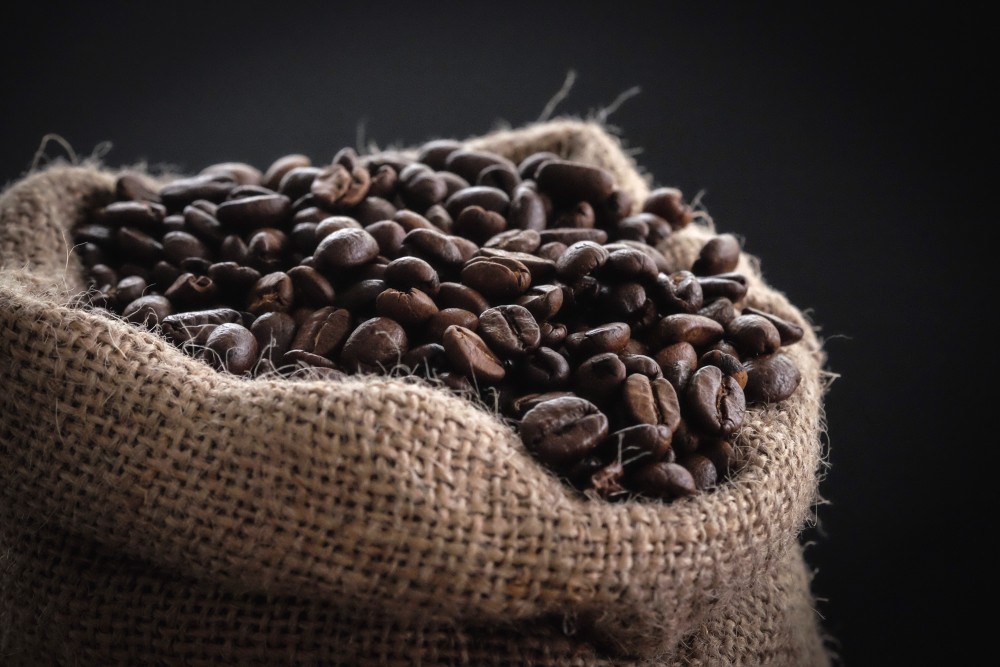If you are a regular coffee buyer, it is natural to come across the acidity content when buying a pack of freshly-roasted beans. Did you ever know that the beverage you die for is acidic? But the percentage of acids in it is lesser than in soda, juice, and beer. You may not compare whether apple juice is more or less acidic than coffee but the latter comes with a pH level of 5. Visit some of the noted cafes in Calgary to get a hang of how the acid content may differ from one product to another.
Taste of coffee and acidity:
Among the significant aspects of coffee, acidity is one you can hardly overlook. When you hear the connoisseurs discussing the acid content of this beverage, you will know how important it is. It is not the acid content of the product but how it affects the taste and flavor. For instance, high acidity level indicates that it is bright. However, there is no negative connotation related to the percentage of acids in the Cup of Joe. It is not such a bad thing after all.
Acids in coffee
Acidity is a noted attribute of the roasted beverage and you are sure to chance upon this ingredient in this special brew. The judgment of experts may differ based on this content. What is the acid content in coffee and why must you know about it while enjoying the beverage? Why is the content of acid more in some products and lower in others? What difference can it make to the taste and the rich flavor you enjoy while sipping the drink in every cup? Do you know that this level can be reduced or accentuated when roasting or brewing? Experts say that it can take several forms in the final product. You may also feel that the drink has taken inspiration from various citric fruits like sweet nectarine or apples. Here are the acids that remain in the product even after the roasting process. Even the best coffee Calgary will have this content. The list here presents the acids based in descending order.
- Phosphoric acid
Phosphoric acid has a sweet taste compared to most other acids. Therefore, it may make your Cup of Joe sweet and can make sour taste turn sweet. So, you know now why certain varieties appear sweeter than the rest.
- Citric acid
You may find citric acid in those beans that grow at higher altitudes. You may associate it with lemon, lime, and grapefruit when combined with phosphoric acid.
- Acetic acid
It is the same as vinegar that you often use in cooking or as an after wash for your hair. The beverage tastes sharp with its addition but higher concentrations may ruin its taste. A higher concentration of this item may also mean that the processing is not appropriate.
- Quinic acid
During the breakdown of acids, it forms as a byproduct and is abundantly present in the roasted brew. Furthermore, you may also find it is not so fresh varieties or one that may have undergone brewing for several hours on a warm utensil. Although it gives the beans a noteworthy finish, the sour taste and feeling may take a toll on your stomach. If you want to be surer about the acid concentration, you will know more from the coffee roasters Calgary. Wondering how to connect with them? Roast love is the one-stop shop when searching for roasteries in Calgary. They also have lists of the best cafes like Regal Cat Café and Crickle Creek that sell high-quality products. You might know a lot about the world of freshly-roasted products through this online listing website.
- Chlorogenic acids
They are the ones to contribute to the supposedly acidic taste of coffee. You may never find them in the final product as they tend to disappear during roasting. In medium-roasted products, 50% of these acids disappear, making the light roasts appear acidic and bright.
- Malic acid
It may make the brew taste like apple or pear but the roasting process decides it all.
Understand the roasting process
The acids present in the beans are subject to chemical changes during roasting and most of them disappear. Besides, the roasting process balances the taste of acidic proportions and lends your favorite drink the much-needed taste.
By now, you are aware, of what acidity may mean in your Cup of Joe. If the taste of the products differs from one packet to the other, it may be due to the acid content in the coffee. It also indicates the kind of roasting the beans may have undergone.





